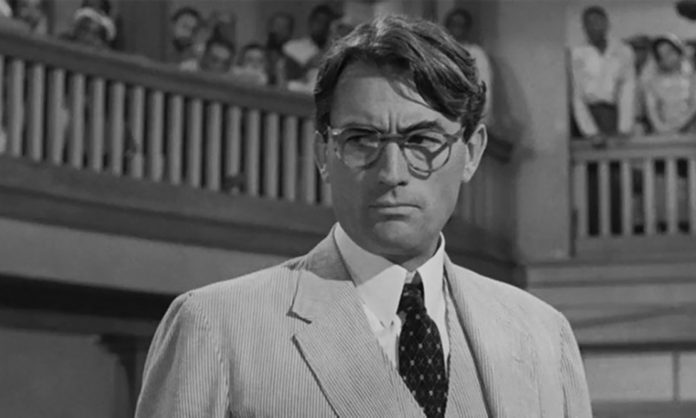In a post on Writer Unboxed, Donald Maass ponders what makes a hero and offers advice for portraying your protagonist as a hero without relying on physical violence. “Is being a hero always about exhibiting the qualities traditionally associated with manliness: toughness, stoicism, action?” he asks. “Is the only way to become a hero to go through a physical test, to fail, to be humbled, to face oneself squarely, and finally succeed? What are a hero’s qualities, but more importantly what are a hero’s values?”
While heroes are intended to be inspiring, many characters we consider heroic are tragic, and Maass says that’s part of their appeal. “Not because they are suffering and supine but because they are struggling and seeking,” he says. “The very act of trying is heroic all by itself, and not only when there are impossible odds.”
In the end, heroism isn’t an action or a value, he adds. Heroism is bestowed by the audience when they come to admire a character. You want to create a protagonist your readers will root for. Maass suggests the following qualities to get you started:
- A real hero sees value in everyone.
- A real hero is loyal but not when that loyalty isn’t deserved.
- A real hero is honest with himself. He knows his temptations. He may not always get it right, but at the end of the day he does.
- A real hero knows that courage means standing up for what is right, but also admitting what is wrong.
- A real hero tests himself, holds himself to high standards, and encourages others when they fall short.
- A real hero is true to himself, but also allows himself to change.
- A real hero speaks up, sees far, leads by example, and never gives up.
Click the list for the rest of Maass’ list and then think about what you’d add.












